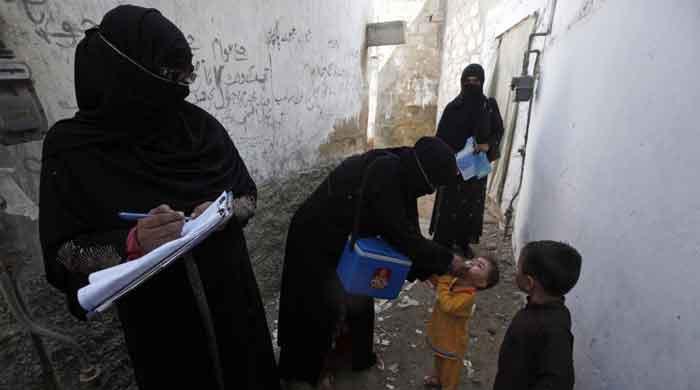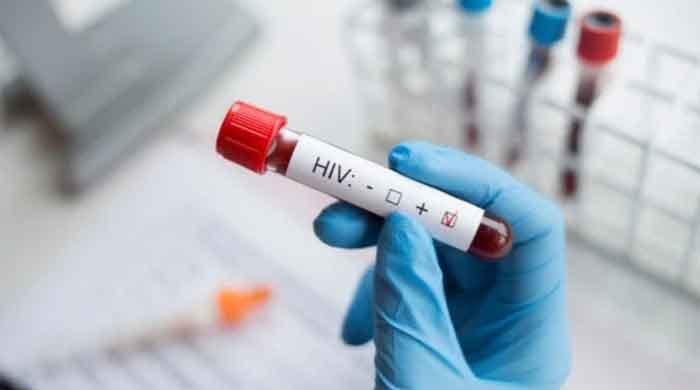A doctor’s guide for the elderly before getting a COVID-19 vaccine
Health experts advise people with certain health conditions to practice caution, consult their doctor before going ahead with coronavirus vaccine
March 30, 2021
Pakistan is continuing to vaccinate its elderly population against the novel coronavirus, with registration for those over 50 starting today. But health experts advise people with certain health conditions to practice caution.
Those with high blood pressure, diabetes and heart disease should be especially careful: it is particularly important that you keep your blood pressure stable before getting the vaccine, health experts say.
Dr Saeed Khan from the Dow University Hospital, Ojha campus says cancer and chemotherapy patients, people with blood diseases as well as pregnant women cannot be vaccinated.
Coronavirus in Pakistan: Vaccine registration for people over 50 years starts today
People who are cancer patients or those taking immunosuppressants should consult a doctor before getting the vaccine, he said.
Further, anyone who is epileptic or has a blood or bleeding disorder should not get the coronavirus vaccine, he said, adding that lactating mothers are also advised against taking the vaccine.
He clarified that the vaccine itself is safe, but you can not be sure how it will react to a patient’s pre-conditions.
Some doctors say that there doesn’t necessarily need to be an exact gap of 21 days between the first and second doses of the COVID-19 vaccine.
However, Dr Khan said it is okay if there is a difference of one or two days (in the 21-day mandatory gap), but the gap from the first dose of the vaccine to the second dose shouldn’t be too long.
Read more: How to register for COVID vaccine in Pakistan
According to doctors, people suffering from any kind of allergy or heart disease should also take necessary instructions from their doctor before getting vaccinated.
If you have a health condition, it is best to inform the staff at the vaccination centre so that all ambiguities can be removed before vaccination.
For its mass vaccination drive, Pakistan is using the Sinopharm vaccine developed by state-run China National Pharmaceutical Group, which has shown to be 79% effective against preventing the disease.











